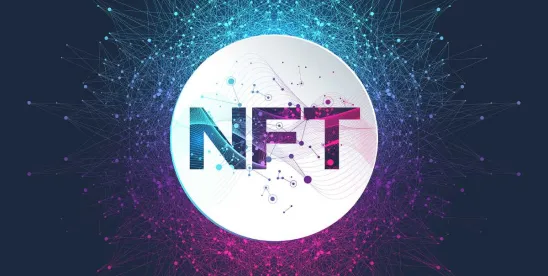A former employee of OpenSea, the largest marketplace for the purchase and sale of non-fungible tokens (NFTs), has been indicted and charged with wire fraud and money laundering allegedly in connection with actions he took while employed by OpenSea. NTFs bought and sold on the OpenSea platform mostly consist of digital assets that represent the ownership interest in a piece of digitally generated and displayed works of art. The full ten-page indictment is available here. While not charged with actual insider trading under Securities Exchange Act Rule 10b-5 or other applicable securities laws, in a press release the Department of Justice (DOJ) has framed this to be the first ever “digital asset insider trading scheme” to be prosecuted in the United States.
Nathaniel Chastain (“Chastain”) was arrested on June 1, 2022 and released on $100,000 bond after entering a plea of “not guilty” in federal court. According to the indictment, in September of 2021, Chastain resigned from his position as product manager at OpenSea after it was revealed he was purchasing NFTs based on confidential information about the identities of artists and collections that would be placed on OpenSea’s front page. The placement of art on OpenSea’s front page is alleged to be relevant to its price since highlighted projects and artists often enjoy a price bump while featured more prominently on OpeaSea’s website. The DOJ indictment is based on Chastain’s alleged breaches of the fiduciary duties he owed to his employer at the time (OpenSea), along with Chastain’s use of “burner” (anonymous) cryptocurrency wallets in an alleged attempt to hide his actions.
The NFTs Chastain purchased were largely art projects with no utility outside of ownership of the artwork, which may in part explain why Chastain is being charged with wire fraud and not securities fraud. Works of art have not, in-and-of-themselves, traditionally been treated as securities by the U.S. Securities and Exchange Commission (SEC) or other government entities.
A few other interesting facts of the case not otherwise mentioned in the pleading documents themselves but found reported elsewhere by others include:
-
At the time of Chastain’s actions, OpenSea did not have a policy explicitly prohibiting using confidential information to purchase or sell any NFTs, whether available on the OpenSea platform or not. That was only implemented after Chastain’ actions were revealed.
-
Chastain’s purchases largely occurred after the items were available on display on the front page of the OpenSea platform (albeit, only by mere seconds in some cases). This means, at the time of purchase, there arguably was public knowledge that the items were being promoted on the front page of OpenSea and that Chastain was not necessarily “front running” trades of the NFTs in the traditional sense. That said, under the allegations he may have been able to use advance knowledge of the proposed listing locations to make trades before the market had time to digest the information.
-
These alleged front running actions were initially uncovered by individuals on Twitter in September of 2021, who were able to connect Chastain’s actions to various otherwise anonymous cryptocurrency wallets by tracking transactions through a public blockchain.
-
The total amount Chastain made from these purchases and sales is currently believed to be less than $150,000.
While Chastain was not formally charged with securities fraud, the DOJ’s use of “insider trading” verbiage throughout the indictment and in their press-release seems to indicate a clear signal of future enforcement actions to come. These statements by the DOJ along with the recently released DOJ report on detection and prevention of crimes involving digital assets likely portend for securities law actions in respect of NFTs that have other characteristics that could cause them to be deemed “investment contracts” under the Howey test, such as a right to redistribution of profits. It also shows that the DOJ likely has been paying much closer attention to this space closer and for a longer period of time than is conventionally thought, as not many outside of the NFT community knew about or paid attention to this relatively minor scheme when it was uncovered in 2021, and that even relatively minor players risk becoming the subject of law enforcement.





 />i
/>i
